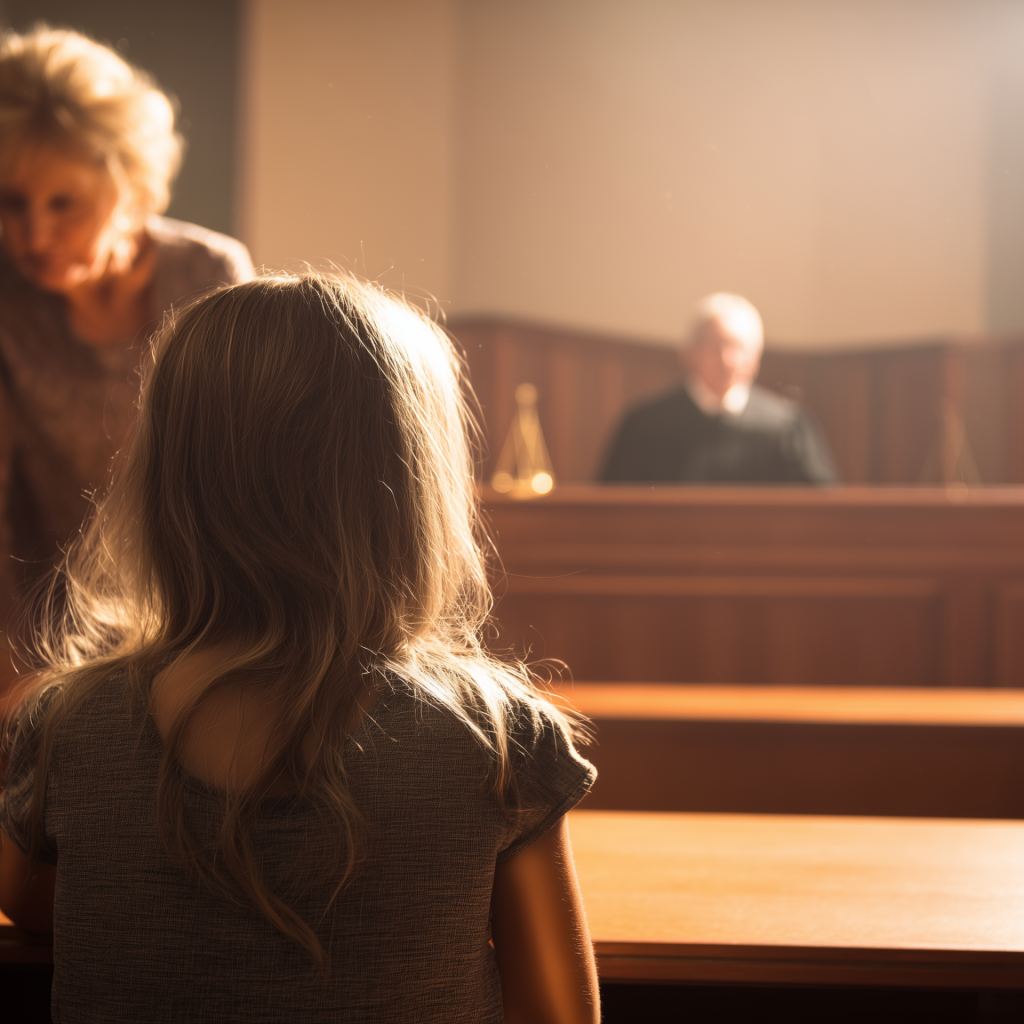If you’re a parent or carer, you’ve probably heard the term “parental responsibility” often shortened to “PR.” But what does it actually mean, and why does it matter?
In UK family law, parental responsibility defines who has the legal right and duty to make important decisions about a child’s upbringing. It’s not about who your child lives with or who spends more time with them; it’s about who can make choices that affect their life.
This article breaks down what parental responsibility means in practice, who automatically has it, and how to get it if you don’t.
What Does Parental Responsibility Mean?
Under the Children Act 1989, parental responsibility covers all the rights, duties, powers, and responsibilities a parent has for their child.
It includes the right to decide things such as:
- Which school your child attends
- What medical treatment they receive
- Whether they can travel or live abroad
- What religion (if any) they are brought up in
- Managing their money or property (if applicable)
Having parental responsibility doesn’t mean “ownership,” it means having the legal authority and duty to act in your child’s best interests.
Tip: Even when parents separate, both can continue to share parental responsibility unless a court decides otherwise.
Who Automatically Has Parental Responsibility?
Mothers
A mother automatically has parental responsibility from birth.
Fathers
A father has parental responsibility if:
- He was married to the mother at the time of the child’s birth; or
- He is named on the birth certificate (for births registered after 1 December 2003).
Same-Sex Parents
If a child is conceived or adopted within a same-sex relationship, both parents may have parental responsibility if they are:
- Named on the birth certificate; or
- Have an Adoption Order or Parental Order.
Others Who May Have PR
- Guardians appointed under a will
- Step-parents (with a court order or formal agreement)
- Local authorities (under care orders)
How to Gain Parental Responsibility
If you don’t automatically have PR, you can still get it through one of the following legal routes:
1. Parental Responsibility Agreement
This is a formal document signed by both parents and witnessed at the court. It’s suitable when the mother agrees to share PR with the father or another person involved in the child’s care.
2. Parental Responsibility Order
If the other parent doesn’t agree, you can apply directly to the Family Court. The judge will consider factors such as:
- Your relationship with the child
- Your commitment to their upbringing
- Why you’re seeking parental responsibility
3. Child Arrangements Order
If you apply for a court order saying the child should live with you, you will automatically gain parental responsibility as part of that order.
Legal Note: The court’s main consideration is always the welfare of the child, not parental entitlement.
What Parental Responsibility Does Not Give You
It’s important to understand the limits of parental responsibility. Having PR doesn’t mean:
- You can override every decision made by the other parent.
- You automatically have the right for your child to live with you.
- You can make unilateral changes (like changing schools or doctors) without consulting others with PR.
Parents are expected to consult and cooperate on major issues. If they can’t agree, the court can decide through a Specific Issue or Prohibited Steps Order.
Practical Examples of Parental Responsibility in Action
| Everyday Decision | Who Can Decide? | Notes |
|---|---|---|
| Routine meals, bedtime | The parent caring for the child that day | Day-to-day matters don’t require both parents to agree |
| School enrolment | All with PR | Usually requires signatures from both |
| Medical treatment | All with PR | Urgent care may proceed if one parent unavailable |
| Travel abroad | All with PR | Written consent needed for longer trips |
| Changing surname | All with PR | Written consent or court order required |
What If You’re Being Denied Parental Responsibility?
If a parent refuses to sign an agreement or is blocking you from involvement, it’s crucial to seek early legal advice. A solicitor can:
- Help you apply for a Parental Responsibility Order;
- Draft supporting evidence showing your involvement; and
- Represent you in negotiations or mediation before going to court.
Parental responsibility strengthens your position in your child’s life, both practically and emotionally.
Key Takeaways for Parents
- Mothers always have parental responsibility.
- Fathers gain PR through marriage, the birth certificate, or court.
- Others (like step-parents or guardians) need formal agreements or orders.
- PR gives you a say in important life decisions, but not control.
- Disagreements can be resolved through mediation or court if necessary.
Parental responsibility is about rights, duties, and partnership, not power or possession. Understanding it helps parents act in their child’s best interests and prevents unnecessary conflict.
If you’re unsure whether you have parental responsibility or want to apply for it, it’s important to get clear, early advice from a specialist solicitor. If you need advice about parental responsibility or help with a family court application, our dedicated child law team can guide you every step of the way.
FAQs
What is parental responsibility in UK law?
Parental responsibility means having the legal right and duty to make important decisions about a child’s upbringing. It covers areas such as education, medical treatment, religion, and travel. It’s not about who the child lives with but about who has the authority to act in their best interests. Under the Children Act 1989, it includes both rights and responsibilities to ensure a child’s welfare.
Who automatically has parental responsibility?
A mother always has parental responsibility from birth. A father has it if he was married to the mother at the time of the child’s birth or if his name is on the birth certificate (for births registered after 1 December 2003). In same-sex relationships, both parents may have parental responsibility if they are named on the birth certificate or have an Adoption or Parental Order.
How can someone gain parental responsibility if they don’t already have it?
If you don’t automatically have parental responsibility, you can get it through a Parental Responsibility Agreement (signed by both parents and witnessed at court) or a Parental Responsibility Order from the Family Court. You can also gain it automatically if you are granted a Child Arrangements Order for the child to live with you. The court always prioritises the child’s welfare when making these decisions.
What can and can’t you do with parental responsibility?
Parental responsibility allows you to be involved in key decisions about your child’s life, such as education, medical care, travel, and religion. However, it doesn’t give you the right to make every decision alone or decide where your child lives. Parents must consult one another on major issues. If they can’t agree, the court can resolve disputes through a Specific Issue or Prohibited Steps Order.




